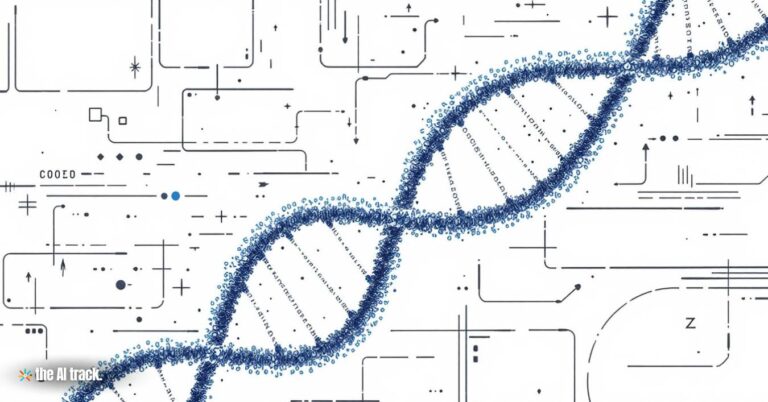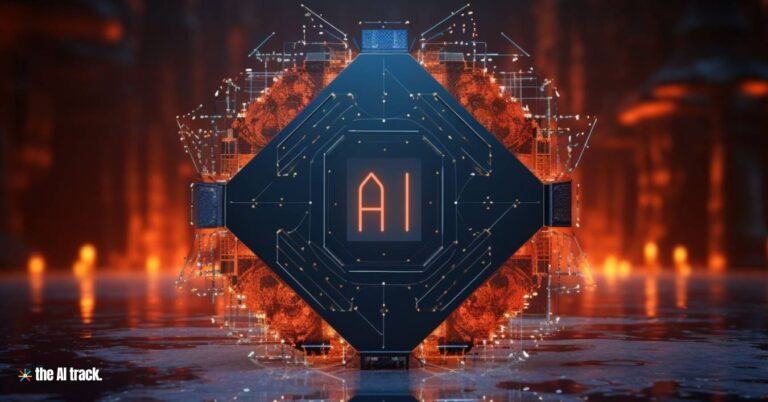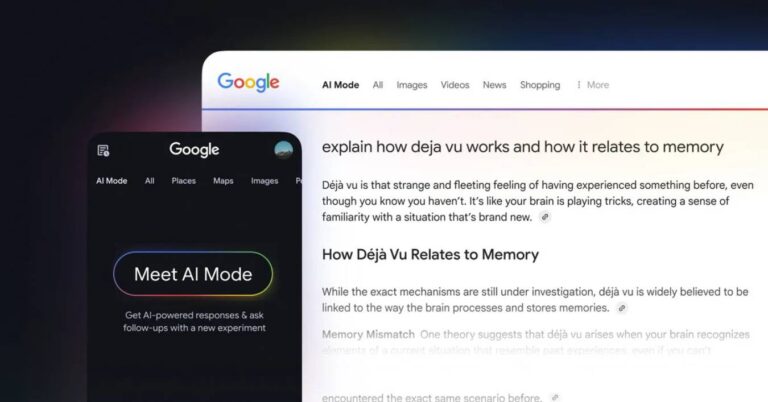By developing an AI algorithm inspired by the genome’s ability to compress vast amounts of information into limited space, Cold Spring Harbor Laboratory scientists have introduced a novel approach to artificial intelligence that mirrors evolutionary efficiency. This method offers a potential solution to the decades-old Brain Paradox.

Solving the Brain Paradox – Key Points
- The Brain-Genome Paradox:
- The human genome has a limited capacity yet encodes the vast neural architecture needed for intelligence and complex behaviors.
- In a simpler breakdown: Our brain can do incredibly complex things (like thinking, learning, and controlling our bodies), but the instructions in our DNA (our genome) are very limited in size. Scientists have wondered for years how such a small amount of genetic information can lead to such a complex brain.
- Professors Anthony Zador and Alexei Koulakov hypothesized that this limitation forces the brain to adapt, fostering intelligence—a feature rather than a flaw.
- The Genomic Bottleneck Algorithm:
- The team developed an AI algorithm that mimics the genome’s ability to efficiently compress and encode essential information.
- Unlike traditional AI models requiring extensive training, the genomic bottleneck algorithm performs tasks like image recognition and gaming (e.g., Space Invaders) with minimal pre-training, achieving near state-of-the-art results.
- The algorithm supports the idea that the limits in our genome aren’t a weakness but a feature that helps the brain adapt and learn efficiently, which may explain how intelligence works.
- The AI Solution (Solving the Brain Paradox):
- In plain words, the researchers created an AI algorithm that works like the genome—it compresses large amounts of information into a small package but still performs tasks effectively. This suggests that the brain’s efficiency might come from similar principles of compression and adaptation.
- Comparison to Human Brain Efficiency:
- The brain’s cortical architecture stores approximately 280 terabytes of information, while the genome compresses this into a capacity equivalent to just one hour of high-definition video—a 400,000-fold compression.
- While the new algorithm excels at compression, it does not yet rival the brain’s natural learning or adaptability.
- Implications for Technology:
- The algorithm demonstrates potential for significant advancements in AI hardware, particularly in resource-constrained environments.
- Lead author Sergey Shuvaev suggested applications like deploying large AI models on mobile devices by sequentially “unfolding” layers to optimize performance and reduce processing demands.
- Study and Support:
- The research, titled “Encoding innate ability through a genomic bottleneck,” was published in the Proceedings of the National Academy of Sciences.
- Funded by Deep Valley Labs, the G. Harold and Leila Y. Mathers Foundation, and Schmidt Futures, the study emphasizes the potential for merging biological principles with AI development.
Why This Matters:
This breakthrough demonstrates how insights from biology can inspire novel approaches to AI. By mimicking the genome’s compression efficiency, researchers have unlocked new possibilities for compact, high-performing AI systems that could revolutionize applications ranging from mobile technology to advanced robotics.
The algorithm also pushes the boundaries of understanding human intelligence by drawing parallels between evolution and computational efficiency. In simple terms, the researchers used AI to model how the brain might make the most of limited resources, which could explain a long-standing puzzle about brain and genome efficiency (the Brain Paradox).
Study
What is Artificial Intelligence? How does it work? This comprehensive guide will explain everything you need to know in a clear and concise way.







